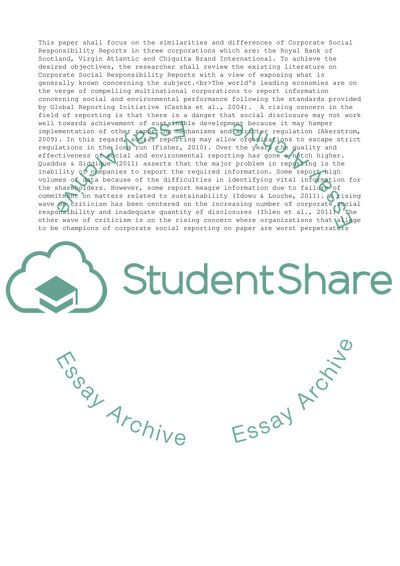Cite this document
(Not Found (#404) - StudentShare, n.d.)
Not Found (#404) - StudentShare. https://studentshare.org/business/1822303-corporate-social-responsibility-and-governance
Not Found (#404) - StudentShare. https://studentshare.org/business/1822303-corporate-social-responsibility-and-governance
(Not Found (#404) - StudentShare)
Not Found (#404) - StudentShare. https://studentshare.org/business/1822303-corporate-social-responsibility-and-governance.
Not Found (#404) - StudentShare. https://studentshare.org/business/1822303-corporate-social-responsibility-and-governance.
“Not Found (#404) - StudentShare”. https://studentshare.org/business/1822303-corporate-social-responsibility-and-governance.


